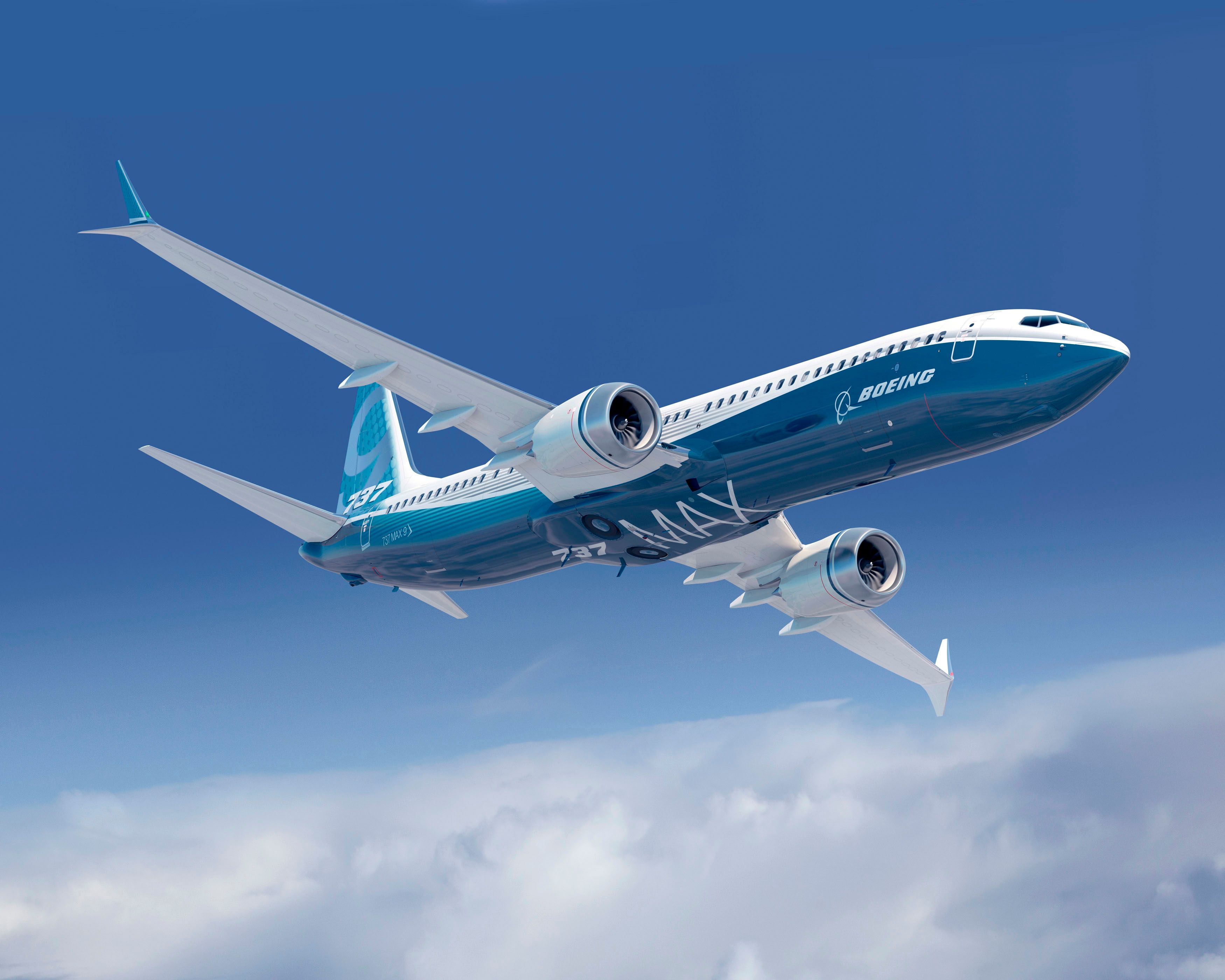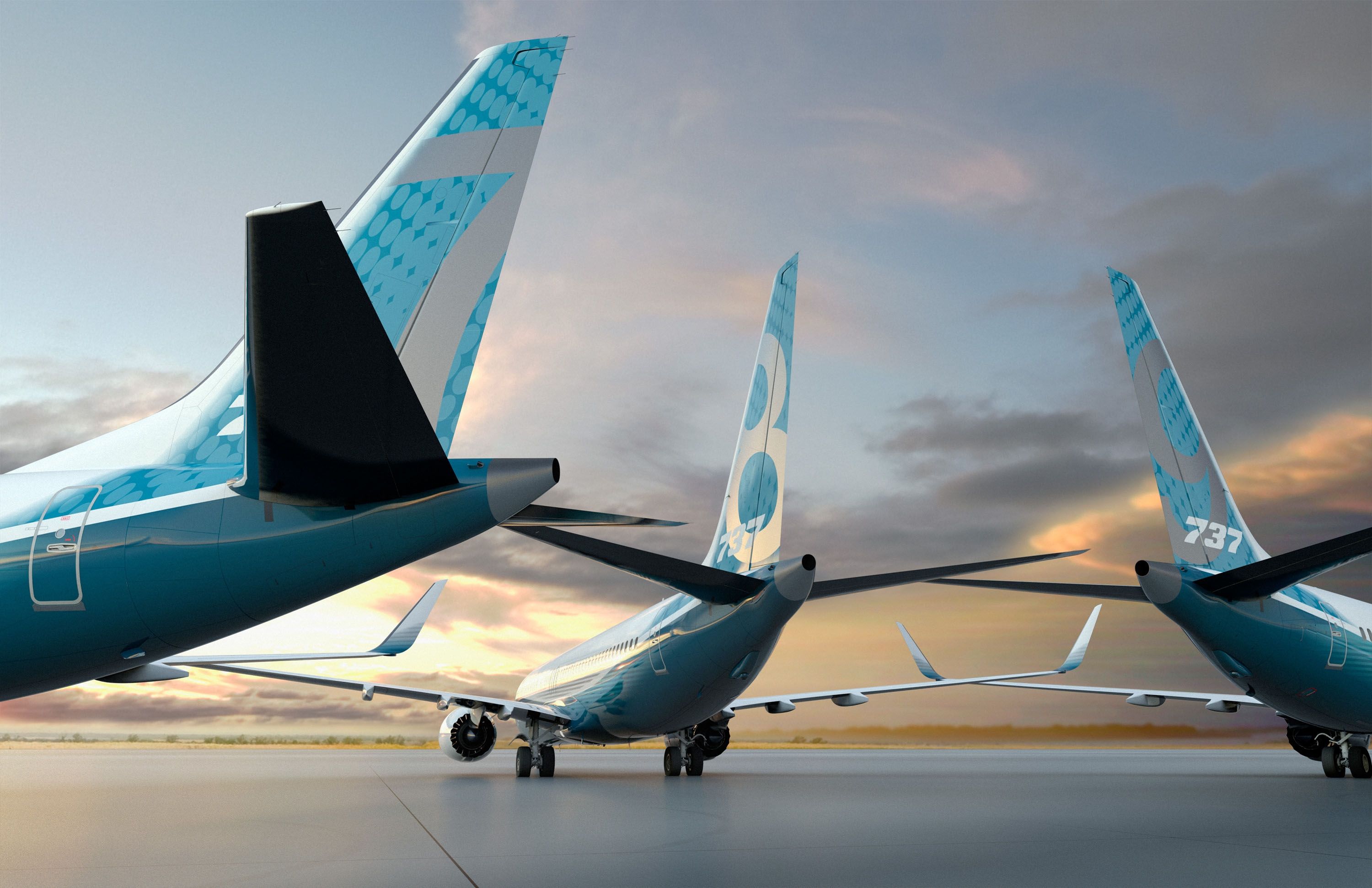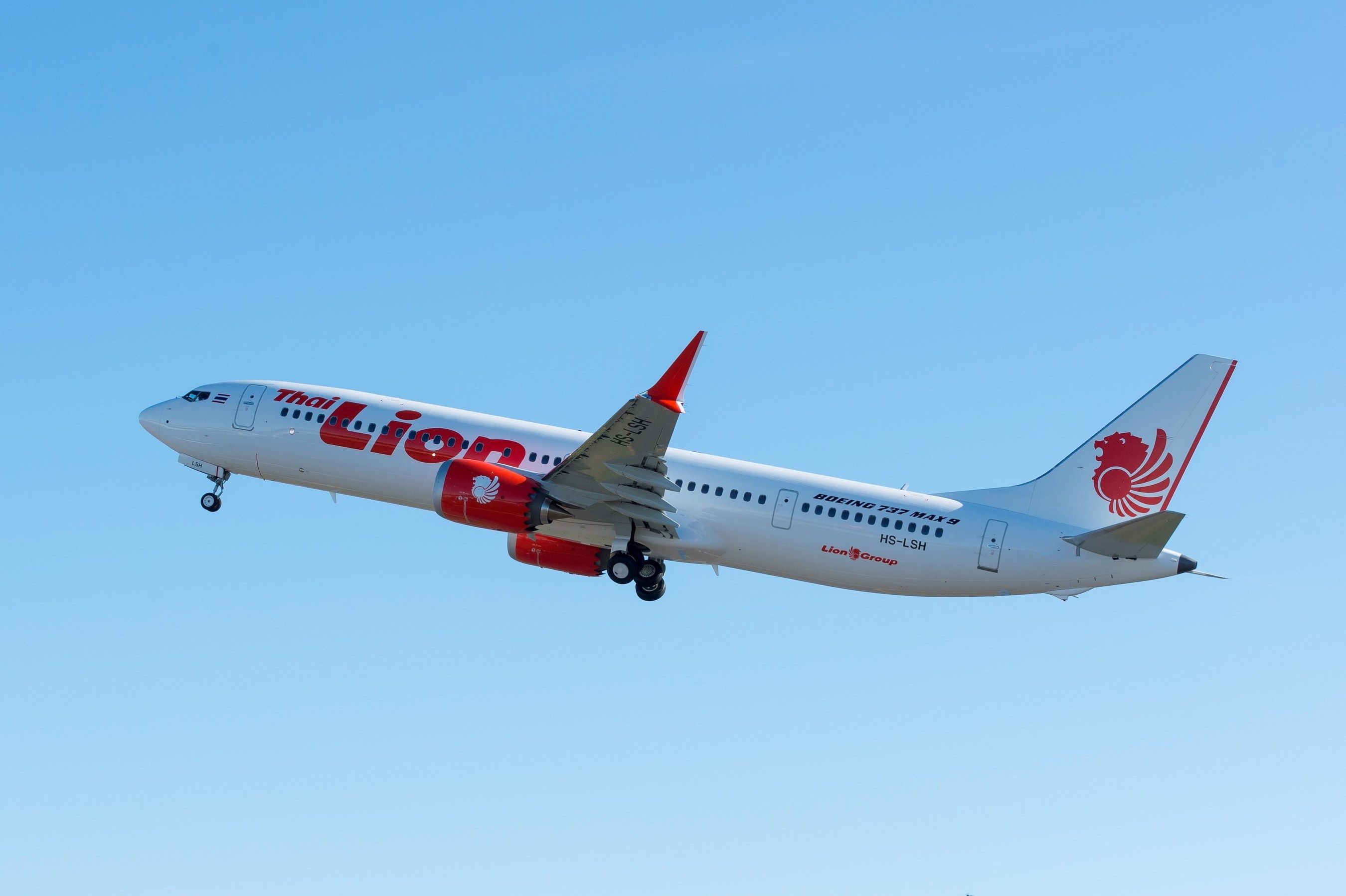On Tuesday, a federal judge in Fort Worth dismissed two of six charges against former Boeing test pilot Mark Forkner. However, lawyers for Mr Forkner were unsuccessful in their efforts to get the remaining four charges thrown out. Mr Forkner is accused of misleading investigators following the fatal crashes of two Boeing 737 MAX jets.
Two charges dismissed on technical grounds
Mr Forkner was the Chief Technical Pilot for Boeing when the 737 MAX was undergoing its evaluation and certification process. In October 2021. Mr Forkner was charged with two counts of fraud involving aircraft parts in interstate commerce and four counts of wire fraud.
Judge Reed O’Connor in the US District Court for the Northern District of Texas tossed out the first two fraud charges on the basis that the statute that defines an aircraft part doesn’t include language about software.
The Federal Aviation Administration (FAA) has already warned the Department of Justice (DOJ) that the charges against Mr Forkner contained “many errors in fact." Mr Forkner remains the only person or organization facing criminal charges after the two 737 MAX crashes.
Boeing controversially reached a multi-billion dollar settlement with the DOJ in January 2021 to sidestep a criminal conspiracy charge. Many now argue that's left Mr Forkner as the fall guy for the crashes.
One man carries the can for the MAX crashes
During the testing and evaluation process, the DOJ alleges Mr Forkner discovered information about an important change to MAX's Maneuvering Characteristics Augmentation System (MCAS) and did not pass this information on.
Passing that information on would have meant the FAA included references to the MCAS in pilot manuals. Many pilots went on to fly the 737 MAX not knowing about the MCAS. Passing that information along would have also meant extensive pilot retraining, which would have added considerably to the cost of each plane.
"In an attempt to save Boeing money, Forkner allegedly withheld critical information from regulators,” said Acting US Attorney Chad Meacham for the Northern District of Texas after Mr Forkner was indicted in October. “His callous choice to mislead the FAA hampered the agency’s ability to protect the flying public and left pilots in the lurch, lacking information about certain 737 MAX flight controls."
No winners in this sorry mess
While Boeing appears happy to let Mr Forkner wear the blame, investigations following the two crashes revealed Boeing was keen to get the MAX certified quickly and without pilot retraining to get the plane delivered on schedule and to avoid financial penalties.
Mr Forkner's problem is a 2016 admission to another Boeing that he knew there were “egregious” problems with MCAS and an email trail in which, among other things, he admitted lying to the FAA regarding the MAX's airworthiness.
The changes to the MCAS made it more powerful, and while not proved beyond reasonable doubt, a malfunctioning MCAS is widely thought to have caused the two MAX crashes in which 346 people died. Had the pilots known about the MCAS, they could have disabled the system. Instead, the two jets nosedived, the pilots lost control, and both planes crashed.
Mr Forkner has pleaded not guilty to all charges and is due to start trial on March 7.



